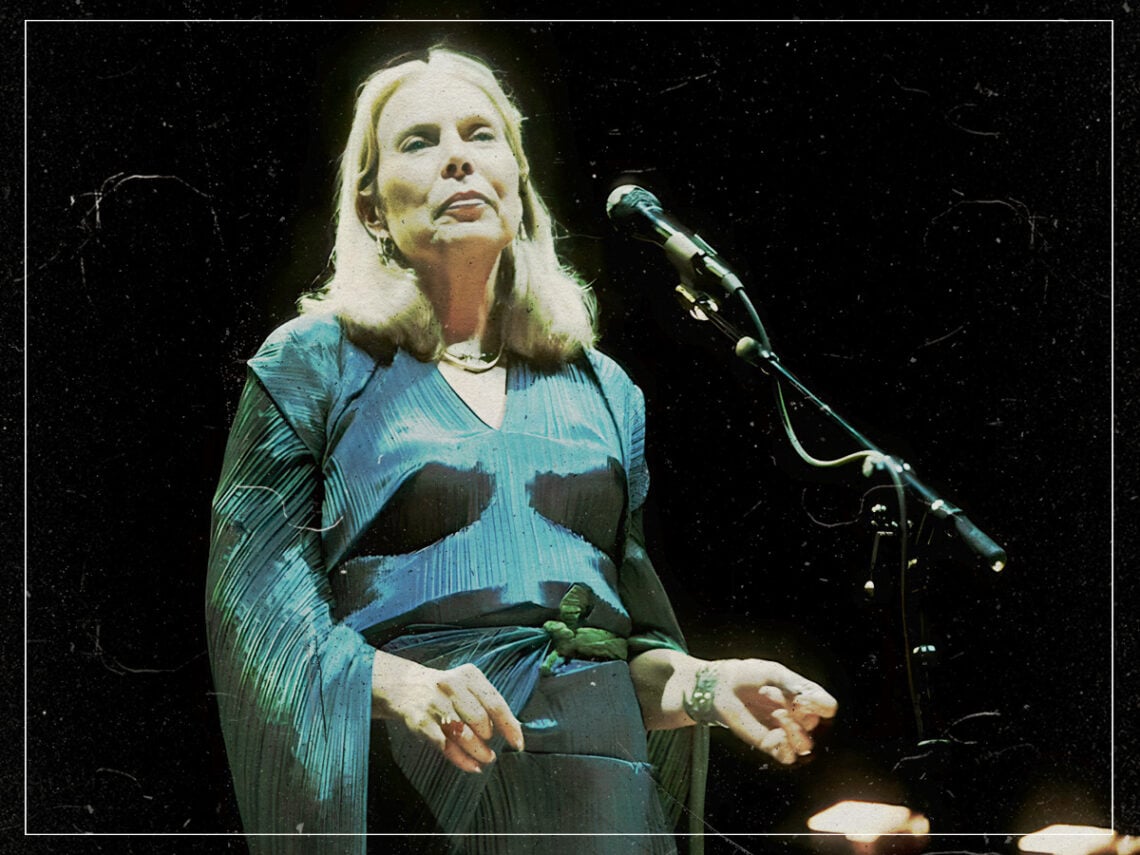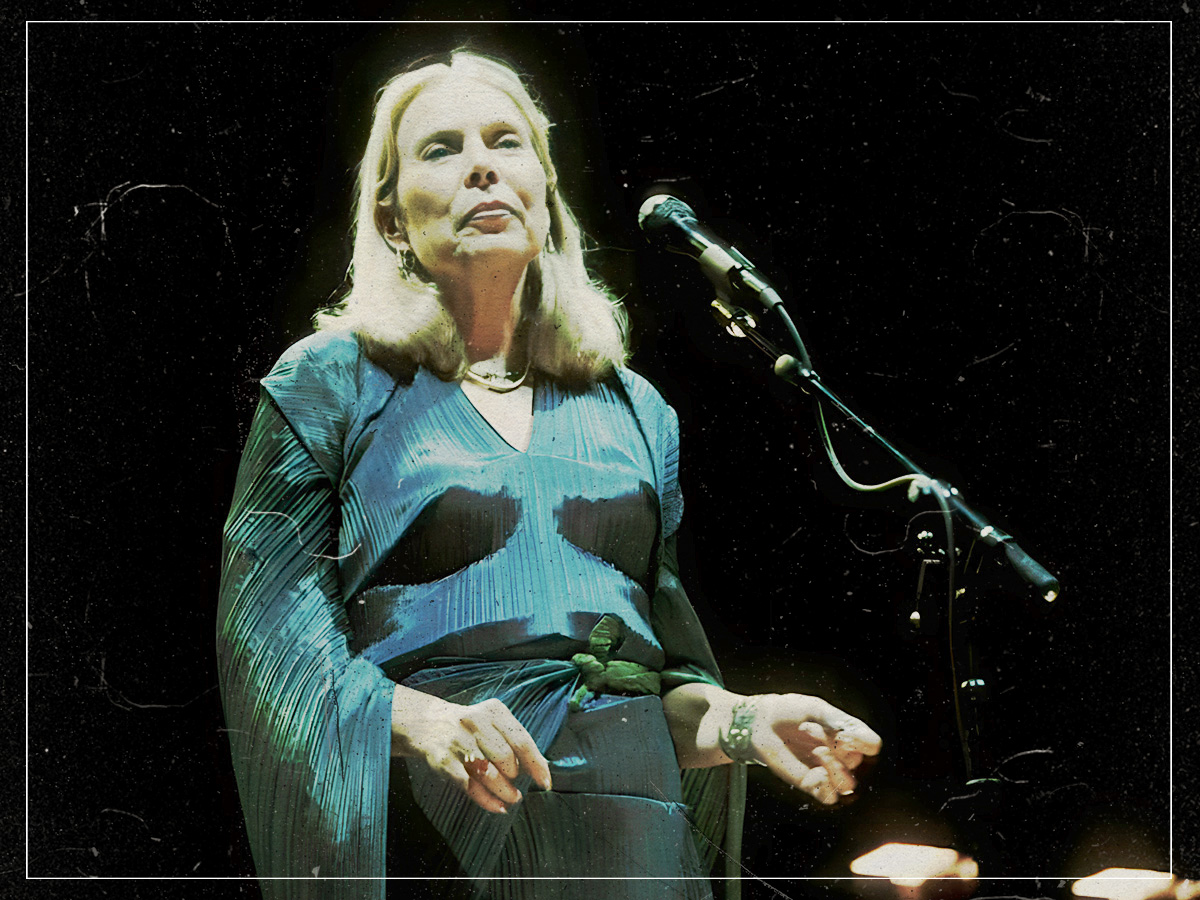
(Credits: Far Out / Alamy)
Mon 3 November 2025 4:00, UK
Music is an ever-changing beast. When we talk about the timelessness of artists such as The Beatles, Bob Dylan and Joni Mitchell, it’s not just their sound that we’re referring to.
Let’s take The Beatles, for example. No matter what corner of the music world you’re perusing, you’ll be able to find some snotty-nosed loser who will try and force on you the idea that the band are overrated. Anyone who knows anything about The Beatles will be able to tell you they aren’t overrated, in fact, despite the amount of hype that still surrounds them, we will never be able to properly rate a monumental force like them.
It’s not their music that sets this precedent, though. Yes, the band’s music is iconic and played a part in their initial rise to fame, but it’s not the reason we are still referring to the Beatles as one of the most influential bands of all time. It’s also their image, their tone, and the way that the band were marketed. Prior to their rise to fame in 1964, no British band had ever truly broken America or dominated the globe in the way The Beatles did. They weren’t just a band, they were a blueprint.
“There was no real future for a British band before The Beatles appeared on The Ed Sullivan Show in February 1964,” said Rolling Stones manager Andrew Loog Oldham, bringing the influence of the band into the spotlight. “That was the turning point, after which there was an avalanche. It totally transformed the possibilities, and as usual The Beatles were the frontrunners. In music, there is The Beatles and then there is everybody else.”
The buck doesn’t stop at the Fab Four. A lot of those artists who made a name for themselves in the ‘60s and ‘70s are considered classics because of how much they elevated music. They didn’t just make good albums (good albums have always existed and still exist), their albums took music and the music industry to what had previously been unimaginable heights. These days, we don’t blink twice when we see a band sell out an arena, but this was unheard of before the ‘60s. To highlight just how much the industry had grown in a relatively short space of time, Joni Motchell mentioned a surprising stat when discussing an artist that she had managed to outsell.
“The thing’s just got bigger and bigger. When I started out, rock & roll was in small theaters. There was no arena rock. Woodstock had not happened. The possibility of mass exploitation had not occurred to anybody. It was a small, intimate forum with loyalties,” she said, “Think of Elvis. I sold more records than Elvis. Not after his death. But when I was the queen of rock & roll, I sold more than he did when he was the king of rock & roll.”
Mitchell has a point. It might be hard to consider now, given what a legacy he has left behind, but when he was first making music, there were many people who thought what Elvis was doing was just a phase. One of these people included his manager, Colonel Tom Parker, who is why he cast Elvis in so many movies. He was adamant that rock ‘n’ roll had a limited lifespan and therefore he had to capitalise on his client’s hype before it came to an end. Oh, how the times have changed.
Related Topics

